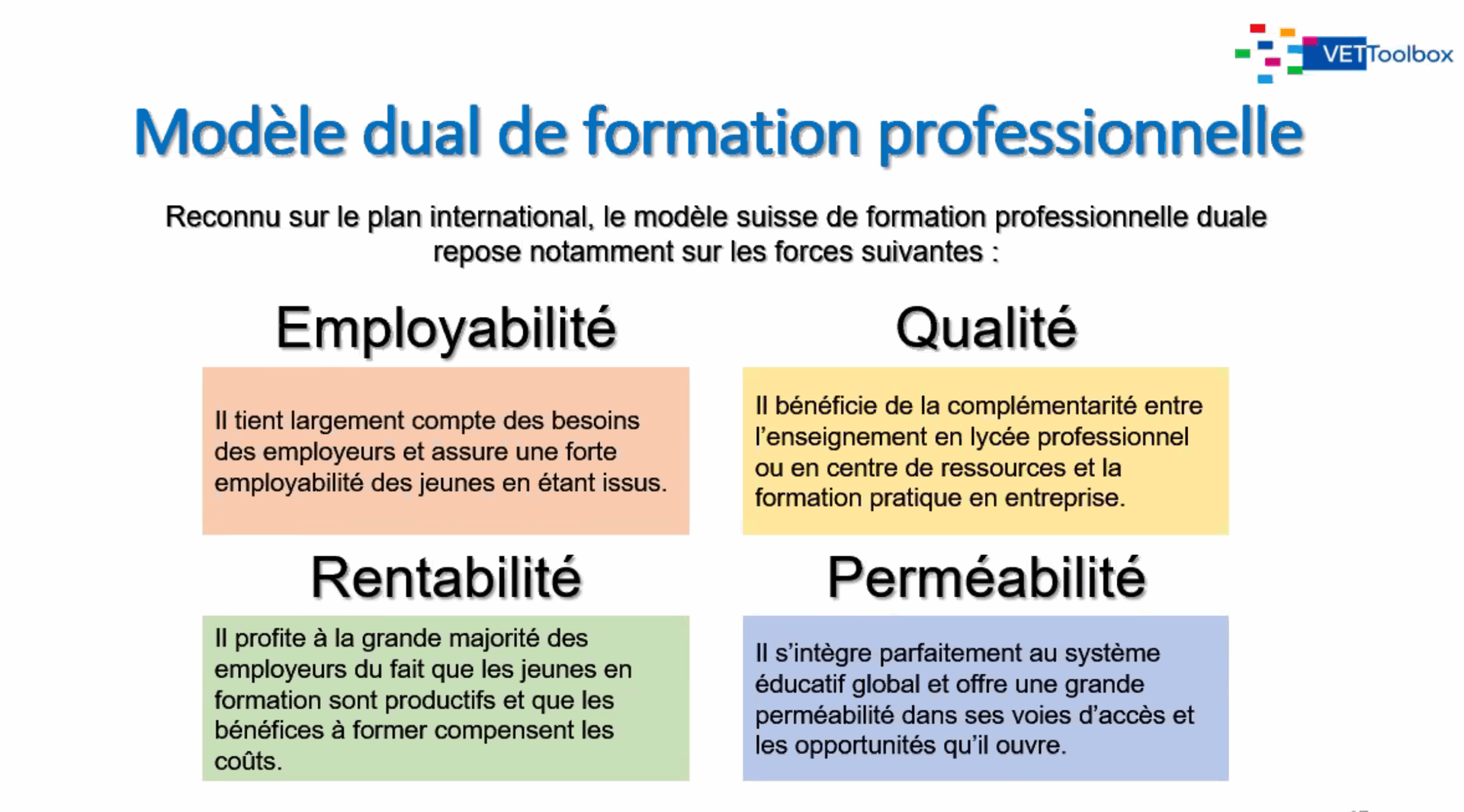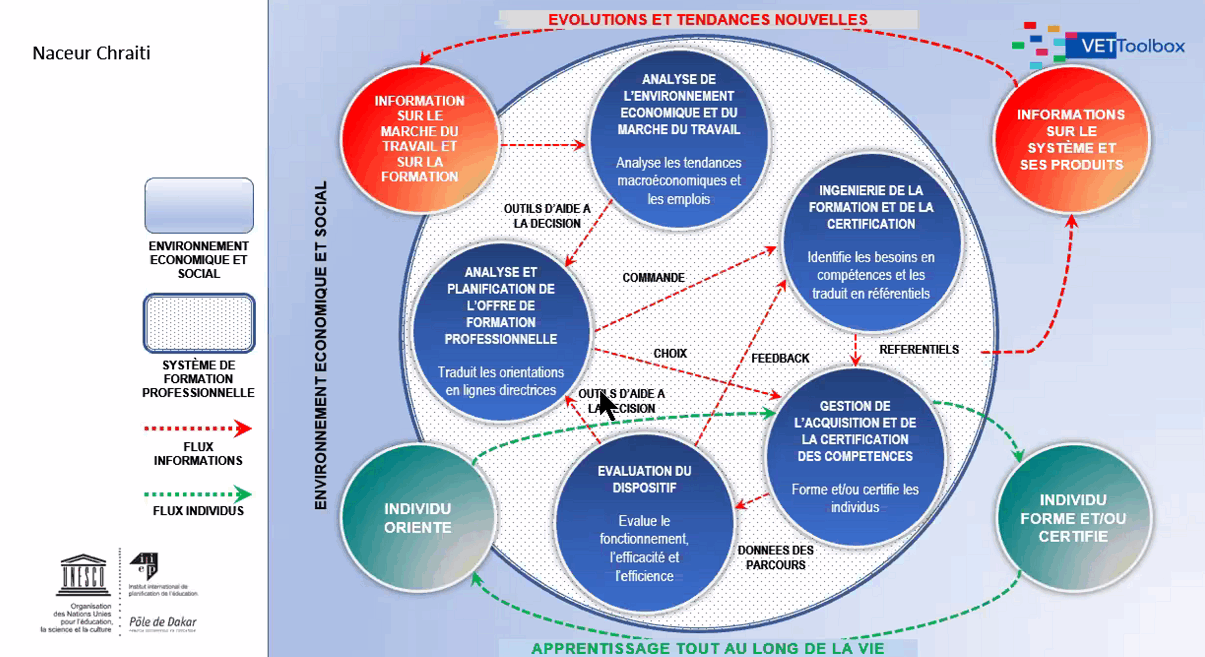

CGECI continues to build effective structures
A lack of education, skills gaps and mismatch are important reasons why employers do not have access to staff with the right competences. Employers’ organisations can play an important role in improving existing structures in which so many institutions and people depend on each other and need each other at the same time. CGECI, the employers’ organisation of Ivory Coast, got in touch with VET Toolbox through the DECP networks. More than 20 staff and board members, including the executive director, participated to the first workshop.
VET Toolbox is an initiative of the European Union. VET Toolbox provides partner countries with additional and punctual support to enhance or monitor planned or existent VET reform programmes. It wants to help these countries to realize their ambitions around the use of labour market intelligence, stimulating private sector engagement, and ensuring inclusiveness of disadvantaged and vulnerable groups. (source: www.vettoolbox.eu) The activities of VET Toolbox are highly complementary to the DECP expertise in the field of skills development.
Like so many countries, the economic growth of the private sector in Ivory Coast is hindered by the fact that, often, employees do not have the right competencies required by employers. Moreover, the need for competences is constantly changing. It is therefore extremely difficult to get and keep both new entrants and working people up to date. The project of VET Toolbox which recently started, aims to analyse the playing field and to determine which elements CGECI can have a positive influence on. Ultimately, it should also lead to modernized curricula for various professions. 26 economic sectors are member of CGECI and some of them are participating in the first part of the project right away.
One of the local experts of VET Toolbox, Mr. Jean-Luc Marcellin, presented the functioning of education systems in different countries. Essential to achieve optimal training-conditions is the cooperation of companies, schools and government in public private partnerships. The participants to the workshop concluded that most of the cases presented are universal. The real challenge will be to find innovative ‘CGECI solutions’ which add value to the members needs. The fact that CGECI is representing so many economic sectors and that they are working with high-end partners will definitely lead to sustainable improvements. Both at the level of lobbying and advocacy and on the ground.
